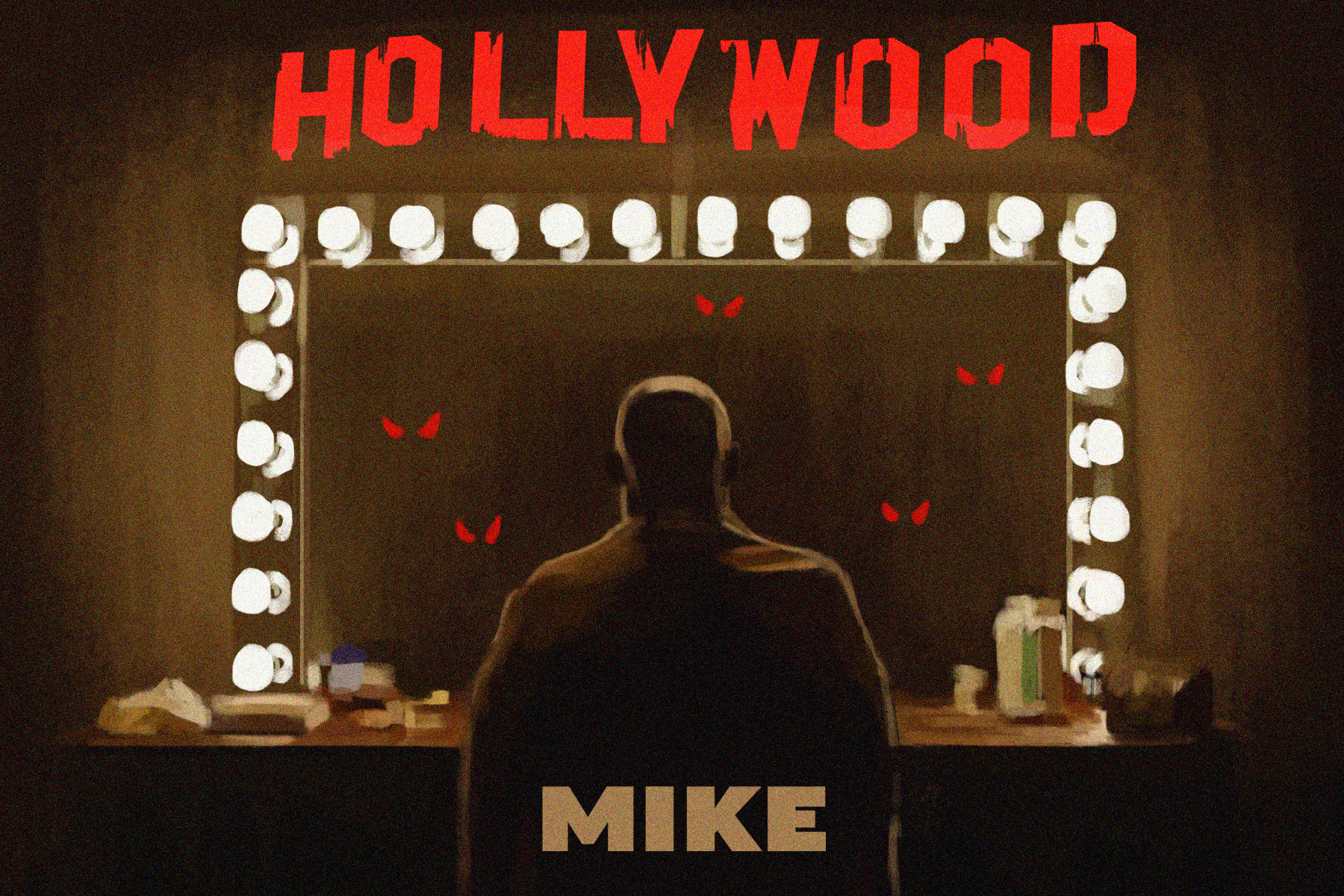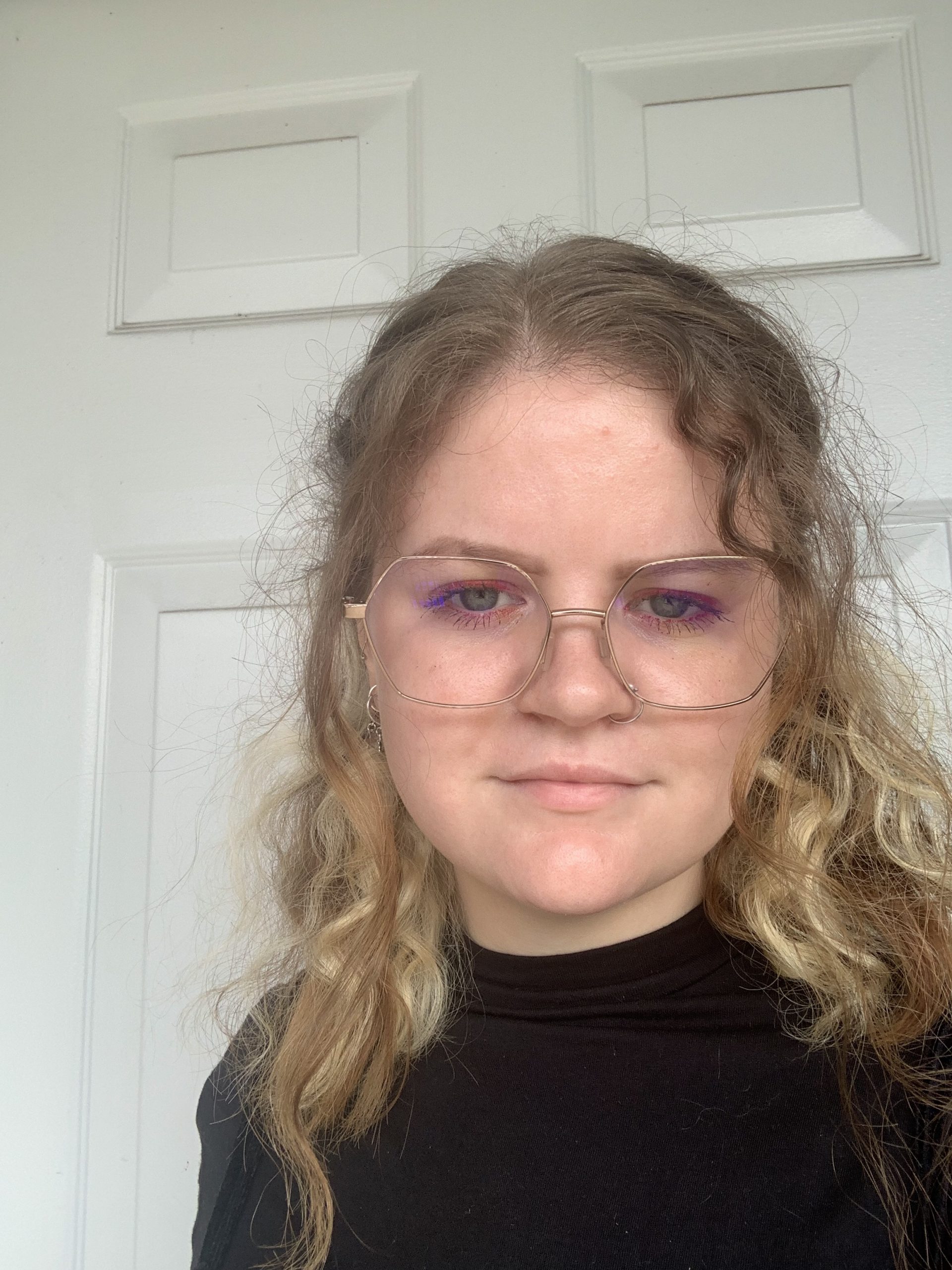“The Blind Side” “The Social Network.” “Pam and Tommy.” “Mike.” One link tying all these movies and TV shows together is their status as unauthorized biopics.
“Mike” is a recently released limited series on Hulu that depicts the ups and downs of Mike Tyson’s boxing career. The 30-minute episodes explain Tyson’s story through his interactions with various characters and periodically include voiceovers from Tyson himself. According to Hulu, the show “examines class in America, race in America, fame and the power of media, misogyny, the wealth divide, the promise of an American dream and ultimately our own role in shaping Mike’s story.” The producers of the series appear to have high expectations that they can cover all these topics in only eight episodes. The website also describes the project as “unauthorized,” which is accurate because Tyson has never given his approval for the series.
So, what are unauthorized biopics? An unauthorized biopic is any biographical film or TV series that tells a dramatized version of the subject’s story without approval from the subject. Most biopics are actually unauthorized; producers are not required to seek approval from a subject before telling a story, and often, they do not. They have some limitations, but, for the most part, the producers use artistic license and biographical information from various sources to spin a compelling story about the subject’s life.
Since “Mike” was announced, Tyson has made his anger clear on social media, primarily through tweets directed at Hulu. One such tweet claims that Hulu is Goliath and he is David, perhaps implying that he wants to take Hulu down. On Instagram, Tyson compared Hulu to a slave master since they stole his story and did not compensate him. Tyson has also claimed that the project is “tone-deaf cultural misappropriation” and that this is just one example of Hulu’s “corporate greed.”
“Mike” went wrong in many ways. First, Hulu failed to contact Tyson at all for approval or to offer compensation for telling his story. Hulu also misled friends and contacts of Tyson by implying or saying that Tyson approved of the show to gain information about Tyson. According to Tyson, “Mike” offered millions to his friends to promote the series “without offering [Tyson] a dollar.”
Executive producer Steven Rogers claimed that they were unable to contact Tyson about the project because his life rights had already been taken, but Tyson refuted the claim: “My life rights option expired years ago.” Clearly, Rogers never intended to discuss the series with Tyson, since Rogers never bothered to check the expiration of Tyson’s life rights.
Besides the bad production decisions, critics revealed that there are other problems with the series. Out of the first five episodes released to critics, every character other than Tyson is a supporting character. Few characters make an actual impression, and relationships are either announced or suggested rather than depicted. In regards to Hulu’s attempt to discuss race, class and sexual politics, a review by Brian Lowry from CNN remarked that “it [is] much more of a hit-miss affair.”
Hulu has released many other unauthorized biopics, but Tyson appears to be the subject who has been most vocal with their criticism. “Pam and Tommy” has won significant critical acclaim for its depiction of Pamela Anderson (Lily James) and Tommy Lee (Sebastian Stan). The limited series covers the events that unfold as Anderson and Lee’s sex tape is stolen and released. However, Anderson herself does not approve of the show. Needless to say, the series covers events that were horrific to Anderson, and she felt “violated” by the retelling of her trauma. “Pam and Tommy” not only tells a new generation about Anderson’s sex tape that they can look up, but it recreates parts of the tape. In what capacity is that not traumatizing?
The actor for Tommy, Sebastian Stan, also made a post on Instagram in celebration of the series’s Emmy nominations. In said post, he discusses consent, refers to media and bystanders as culprits, and tags Anderson. Critics of the post call Stan “disgusting” for discussing consent and tagging Anderson, who did not consent to the production. Others commented that they were not culprits because they did not watch the sex tape.
Outside of Hulu, many other unauthorized biopics have come to be despised by their subjects. Take, for instance, “The Social Network.” The film covers the creation of Facebook by Mark Zuckerberg while he attended Harvard University. Zuckerberg complained that the movie “made up stuff that was hurtful” and insisted much of it was embellished or made up. Contrary to the plot of the movie, Zuckerberg did not make Facebook to attract women because he was already dating the woman who is now his wife, Priscilla Chan.
“The Blind Side” is often described as heartwarming, but Michael Oher, the subject of the movie, does not approve of his depiction. In the film, Oher was uptight and introverted, which is the opposite of how Oher sees himself. According to the movie, Oher knew nothing of football and had to be taught by Leigh Anne, however, Oher had actually been studying the game for years. Oher noted many other differences between the events of the film and his actual experience, justifying his disapproval of the film.
There needs to be a standard for biopics. It is true that some unauthorized biopics are beneficial or cause little harm to a person. However, if a biopic is so adamantly opposed by its subject, such as “Mike,” or causes actual trauma to the subject, as does “Pam and Tommy,” the biopic should not be made. When a biopic causes harm to an individual or group and fails to connect with or compensate the subject of the biopic, being involved in the production is an unethical act.
“Mike” tells a story that Tyson wanted to tell himself, yet the producers never reached out to gain approval, receive assistance or offer compensation. As someone so passionately against this retelling of his story, Tyson ought to be heard by the producers of the show, who should try to appease him. Although the First Amendment covers the release of unauthorized biopics, the producers still acted unethically, and Tyson will continue to speak out.

















